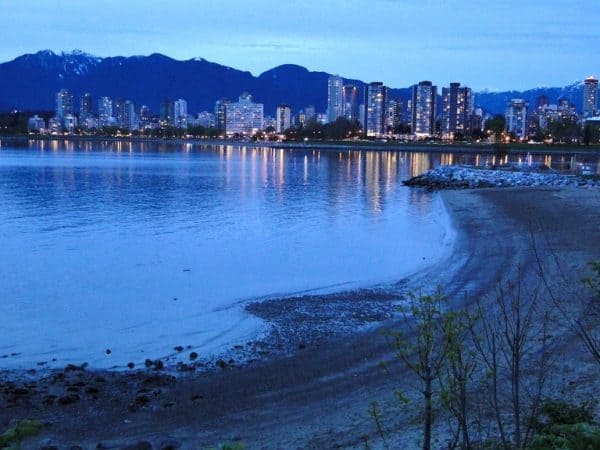
 Three Canadian cities are once again in the top five most liveable cities in the world, according to the Economist’s new Global Liveability Ranking.
Three Canadian cities are once again in the top five most liveable cities in the world, according to the Economist’s new Global Liveability Ranking.
Vancouver, Toronto and Calgary all got top marks, with Vancouver coming in third after first place Melbourne, Australia, and second place Vienna, Austria. Toronto came in fourth and Calgary fifth.
Originally conceived over a decade ago as a hardship index for use by ex-pats to determine moving allowances from one location to another, the Global Liveability Ranking is based on over 30 different qualitative and quantitative indicators for each city, within five larger categories: stability, healthcare, culture and environment, education and infrastructure.
This year’s top five ranking is a repeat of last year’s, with Melbourne now holding down top spot for the sixth year in a row. John Copestake from the Economist’s Intelligence Unit says that there’s very little difference separating cities at the very top, all of which scored at or near perfect in a number of categories.
“We take a look at the five-year trends to determine which cities had performed over a longer period because that’s really where you see the changes taking place,” says Copestake to Global News. “The reason Vancouver dropped from top spot a few years ago was due to a slight downgrade in its transport infrastructure score because of some of the work that’s been ongoing. There’s only two or three categories in which Vancouver didn’t score perfectly.”
All three Canadian cities in the top five scored a perfect 100 for healthcare and education, while Vancouver had the top score for culture and environment and Toronto and Calgary were tops for stability.
The report ranks 140 cities, this year putting Tripoli in Libya, Lagos in Nigeria and Damascus in war-torn Syria at the very bottom of the list. No cities in the United States made the top 15, with places like San Francisco, Los Angeles, New York and Detroit all dropping down from previous years’ rankings due to issues such as civil unrest, crime and the current political environment, according to the report.
“Those that score best tend to be mid-sized cities in wealthier countries with a relatively low population density,” the report notes. “These can foster a range of recreational activities without leading to high crime levels or overburdened infrastructure.”
This year’s UN ranking of the world’s happiest cities to live in has Canada in seventh place worldwide, a slip of one spot from last year. Norway jumped into top spot this year, with Denmark, Iceland, Switzerland and Finland rounding out the top five. The ranking stems from assessments of variables such as GDP per capita, social support networks, life expectancy and generosity.
The Conference Board of Canada last year produced its first-ever City Health Monitor report, which graded the physical, social and economic health of ten Canadian cities. Saskatoon got top spot, followed by Calgary and Winnipeg, all of which received “A” grades in categories such as life satisfaction, population health and access to healthcare services. Montreal finished in tenth spot, the only city to garner an overall grade of “D.”
Leave a Reply
You must be logged in to post a comment.



 Share
Share Tweet
Tweet Share
Share




Comment